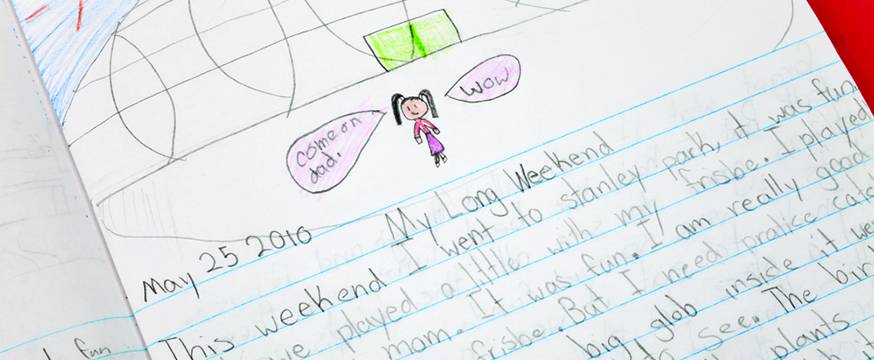
Literacy learning in the early years
Research 4 Mar 2014 3 minute readMonitoring the development of children’s literacy learning in the early years of school poses challenges for teachers and for educational researchers, not least in developing appropriate strategies to identify the literacy knowledge and skills of young learners, and finding valid ways to compare individual achievement with general patterns of literacy development.
Formal and informal literacy assessments early in children’s first year at school in India indicate that there is a wide distribution of achievement, and that children’s literacy experiences prior to entering school vary considerably.
Sixty-one workshop participants from 37 schools and other educational bodies discussed the activities and practices they currently find helpful in improving literacy learning and the methods they use to monitor students’ progress in literacy learning.
‘Circle time’ emerged as a common method for monitoring students’ progress in literacy learning across schools. Other methods include inviting children to narrate or in some cases illustrate what they have read in a particular picture book.
The workshop also revealed that teachers who use Hindi as the language of instruction follow many of the same strategies as teachers who use English as the language of instruction in early years classrooms, suggesting that language learning strategies may be essentially the same and not dependent on particular languages.
Workshop participants explored literacy activities, material and writing samples and rubrics from the ACER Longitudinal Literacy and Numeracy Study (LLANS), drawing on the ACER research monograph, Growth in Literacy and Numeracy in the First Three Years of School. LLANS literacy activities have been informed by research focusing on critical aspects in the development of effective literacy skills, while the high-quality and hands-on activities and authentic materials and writing samples have been designed to interest and engage students.
Workshop participants in groups scored writing samples and conducted a review of annotated writing samples to recognise growth and the diversity of individual achievement and to understand how to establish where learners are in their learning at the time of assessment.
The focus on strategies for identifying the literacy knowledge and skills of young learners supports the view, explained by Geoff Masters in Reforming Educational Assessment: Imperatives, principles and challenges, that,
‘The fundamental purpose of assessment is to establish where learners are in their learning at the time of assessment.... When assessments are used to establish where students are in their learning, the same assessments can be used to identify starting points for further teaching and learning and/or to review the progress that individuals have made since some previous assessment (an assessment of learning that has occurred).’
By looking at findings from ACER research with different cohorts of children in the early years and the scales used to assess children, workshop participants were able to see the kinds of evidence of the knowledge of texts that children acquire prior to schooling. Workshop participants also discussed the implications of these findings for planning literacy teaching programs in the initial years of school.